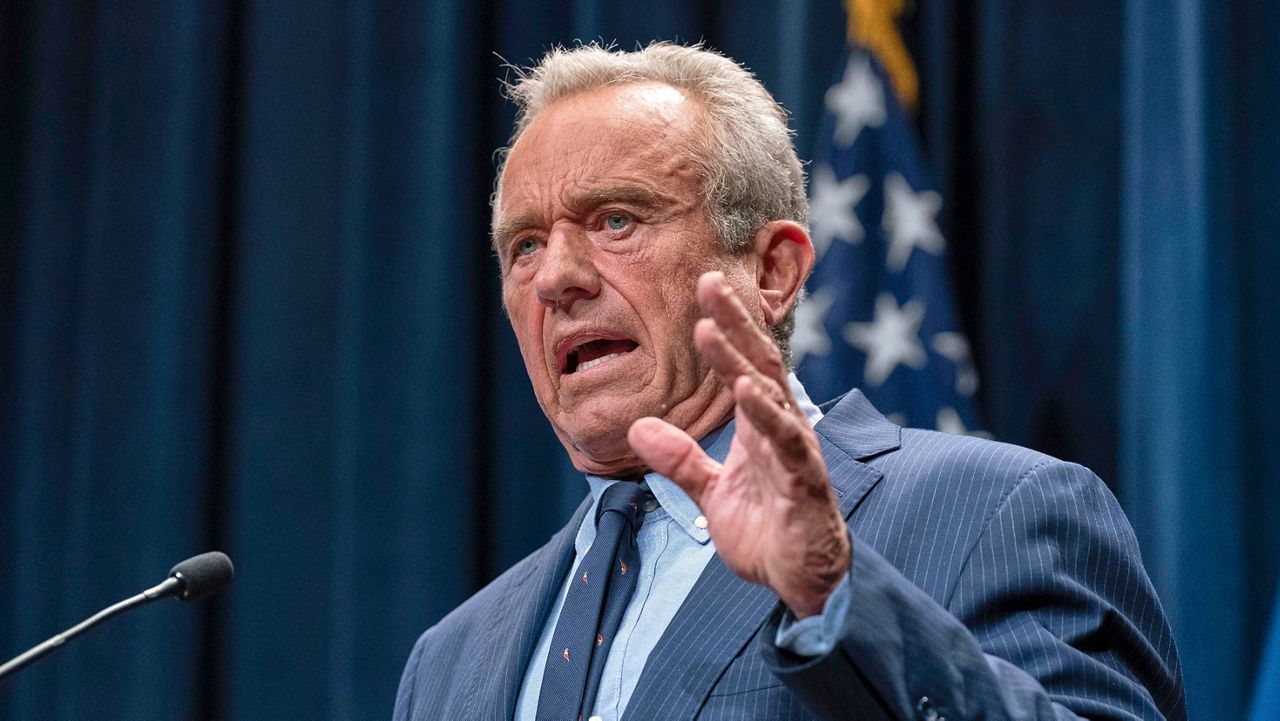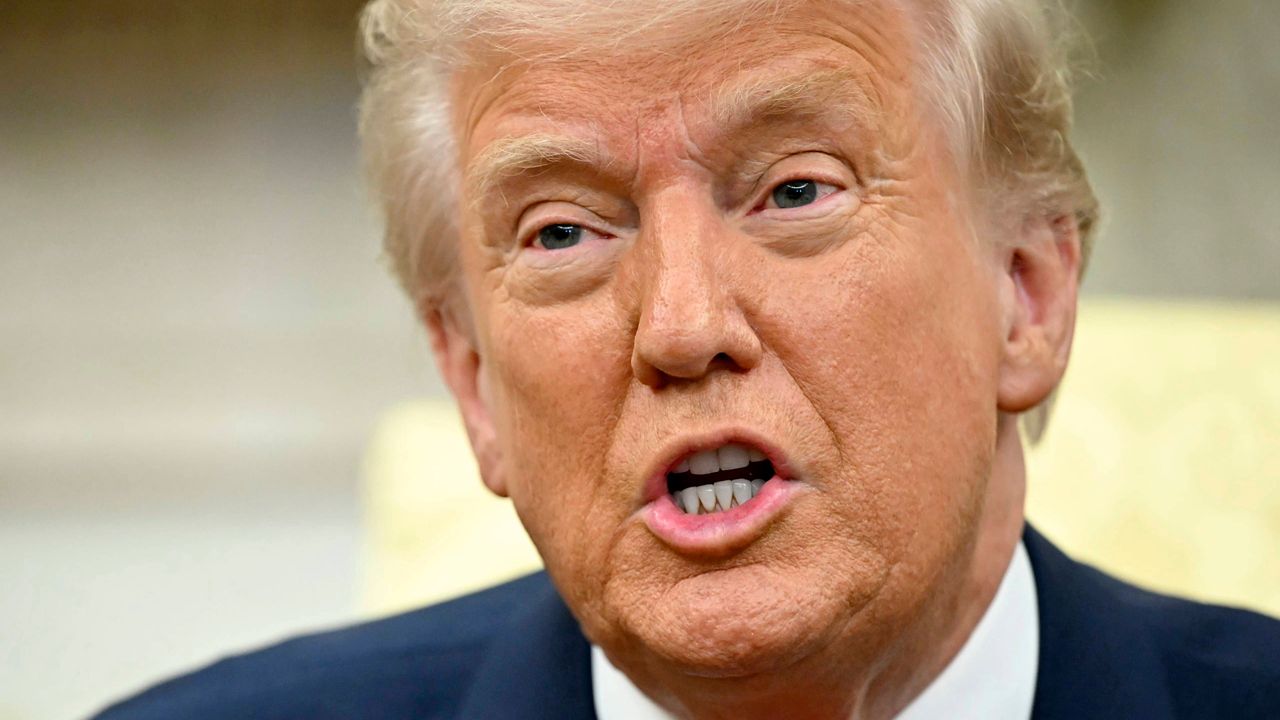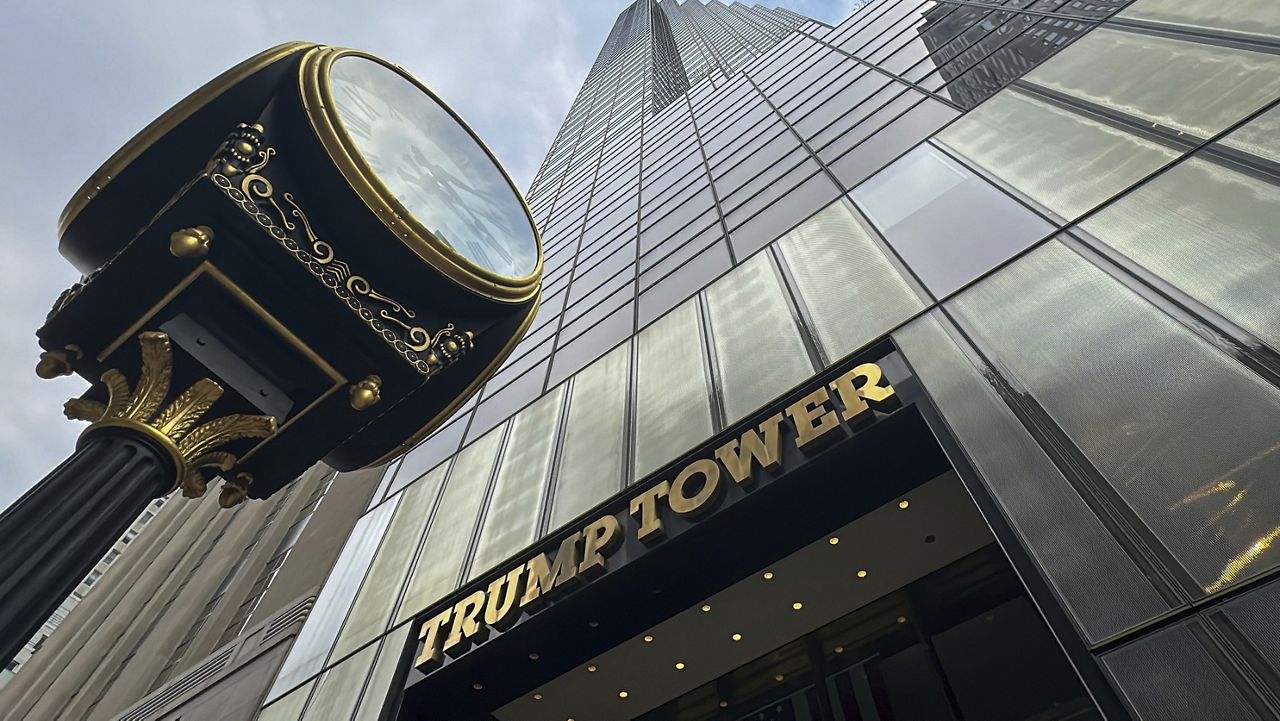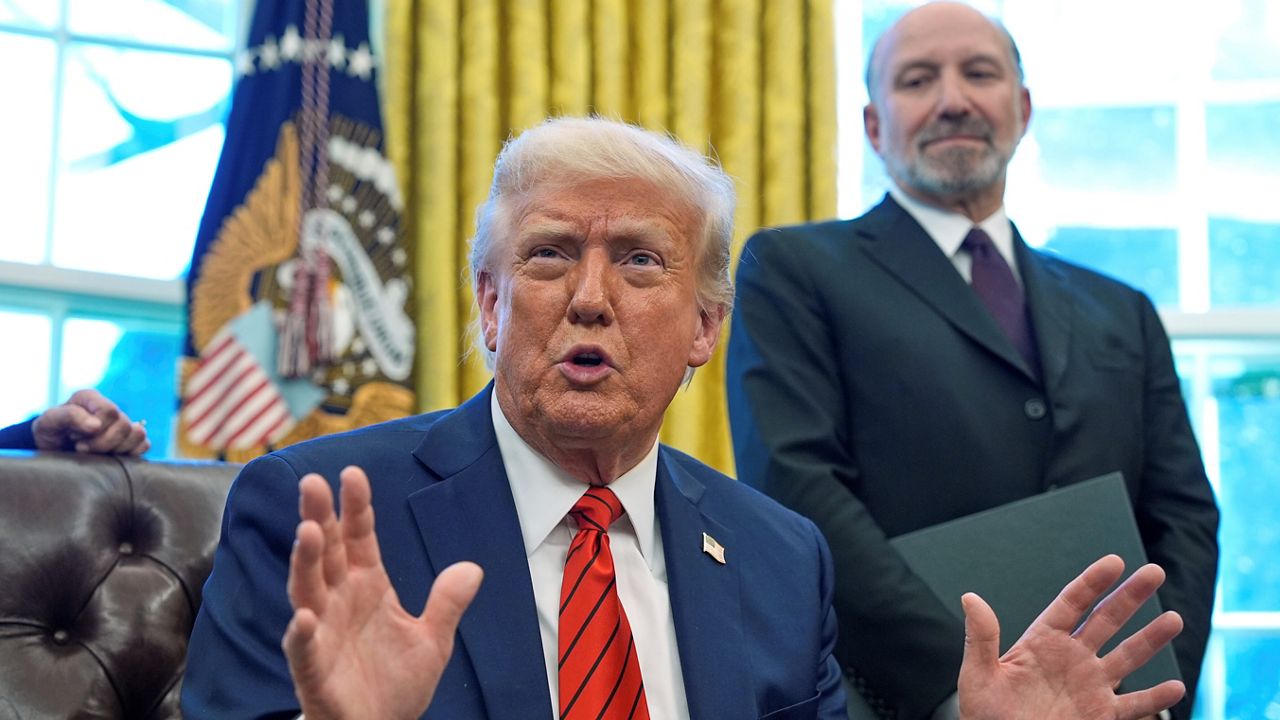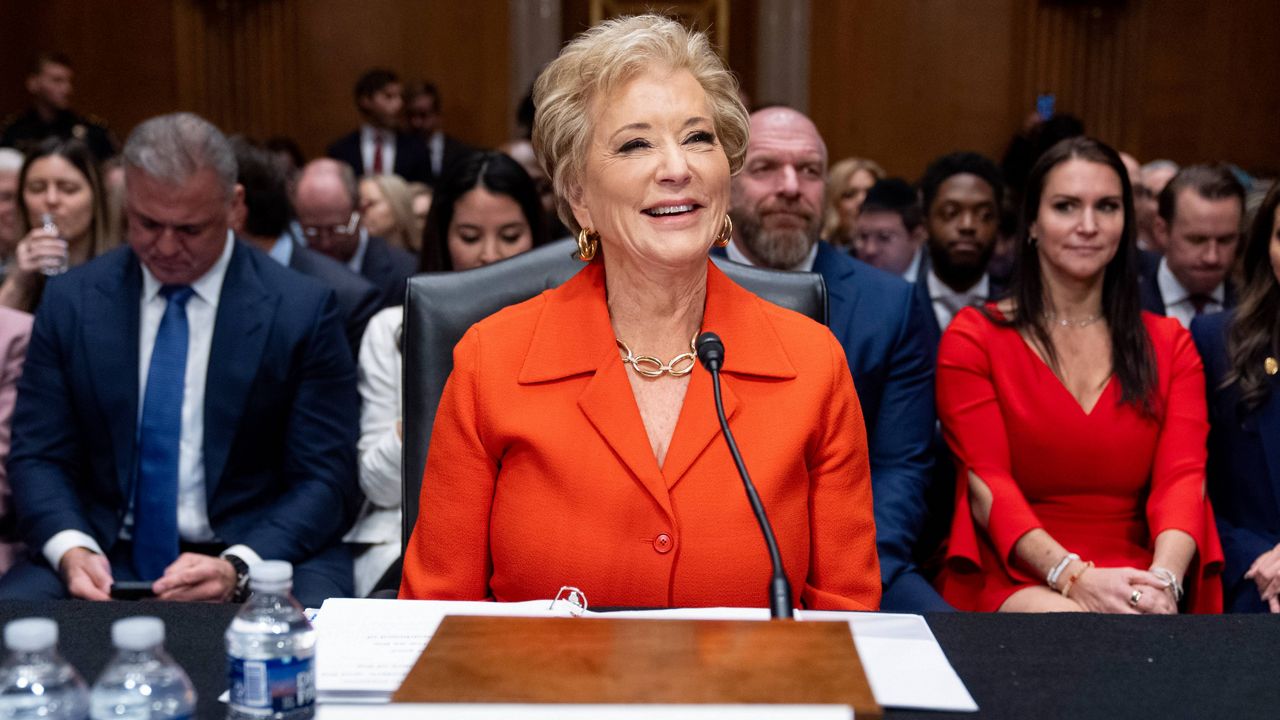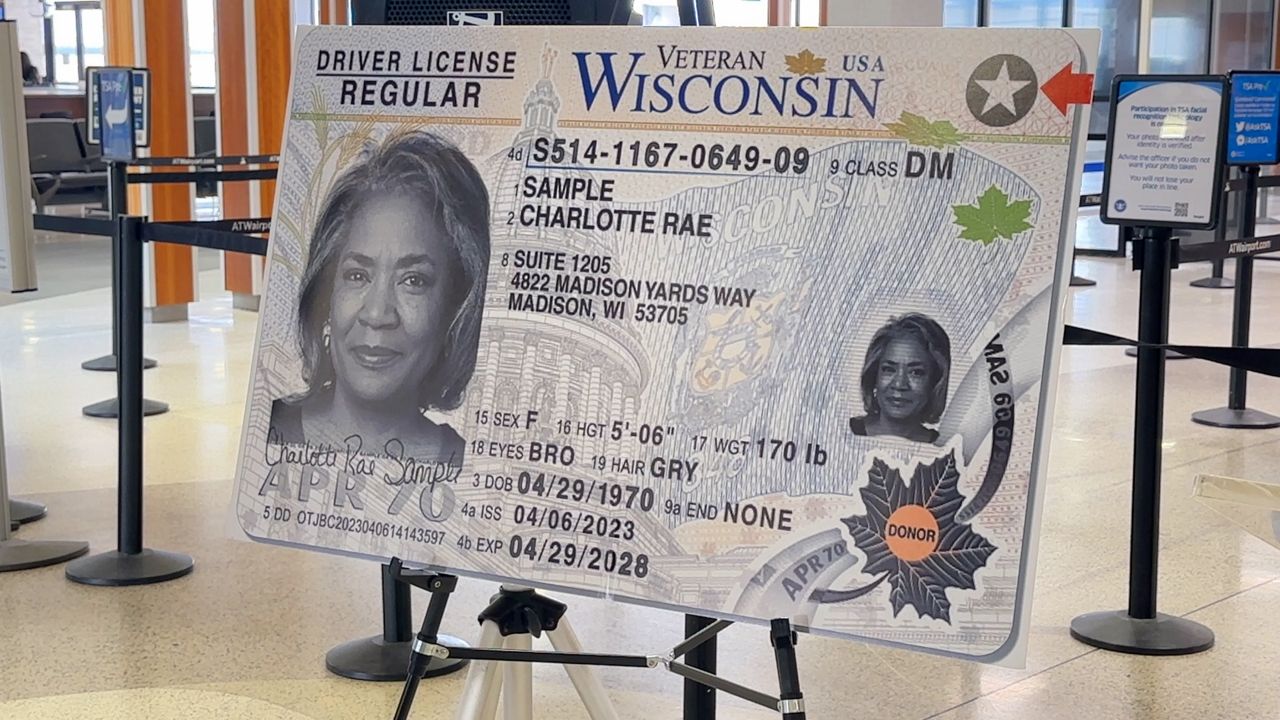WASHINGTON — President Donald Trump’s highly anticipated tariffs on goods from Mexico, Canada and China will take effect on Saturday, White House press secretary Karoline Leavitt told reporters Friday.
In keeping with the president’s pledge, goods from Mexico and Canada will be hit with a 25%, while those from China will see a 10% one, she added.
“I was just with the president in the Oval Office, and I can confirm that tomorrow — the Feb. 1 deadline that President Trump put into place in a statement several weeks ago — continues,” Leavitt said, calling a story that cited anonymous sources to report the tariffs will begin March 1 instead, “false.”
Trump later told reporters in the Oval Office on Friday that there is a possibility he could “substantially increase” the initial tariffs he is imposing. At the same time, he insisted they are not meant to be a negotiating tool and that he is not looking for concessions from the countries. Instead, he honed in on the need to stop the flow of fentanyl into the U.S., stem illegal immigration and bring manufacturing back to the U.S.
“For years and years, we’ve suffered with millions of criminals coming into our country," Trump said. " ... They come through Mexico, and they come through Canada, too. A lot of fentanyl comes through Canada, and China makes the fentanyl.”
The president said he is putting tariffs on steel, aluminum and “ultimately” copper, noting the last one will take more time. He said he will “eventually” be imposing levies on computer chips as well as drugs and medicines. Tariffs on oil and gas – something the president told reporters on Thursday he was still undecided on – will come likely around Feb. 18.
Trump had previously told reporters on Thursday that oil tariffs would depend on whether the price from the nations is fair, adding that Mexico and Canada in particular have “treated us unfairly.”
“Mexico and Canada have never been good to us on trade,” Trump said.
The president made his proposed tariffs on goods coming from Mexico, Canada and China a central part of his pitch to voters on his economic and trade agenda during the 2024 campaign, citing the need to put a stop to the amount of fentanyl coming into the U.S. that has killed thousands and address illegal immigration.
Despite the levies being one of his most often-cited pledges on the campaign trail, they did not come alongside a flurry of other executive actions the president took in his first week in office. Instead, he told reporters they would hit on Feb. 1.
Many economists have warned that the tariffs could raise prices — a situation that would directly conflict with Trump’s campaign-trail promises to lower inflation. Trump himself told NBC News in an interview in December that while he didn’t believe costs would rise as a result, he couldn’t guarantee it.
Asked if she could guarantee such a thing on Friday, Leavitt did not directly answer but pointed to the state of the economy during Trump’s first term.
She also stopped short of weighing into whether the tariffs would be lifted should prices rise at home as a result, a concern that has been raised by economists for months.
“If the president, at any time, decides to roll back those tariffs, I'll leave it to him to make that decision, but starting tomorrow, those tariffs will be in place,” she said.







